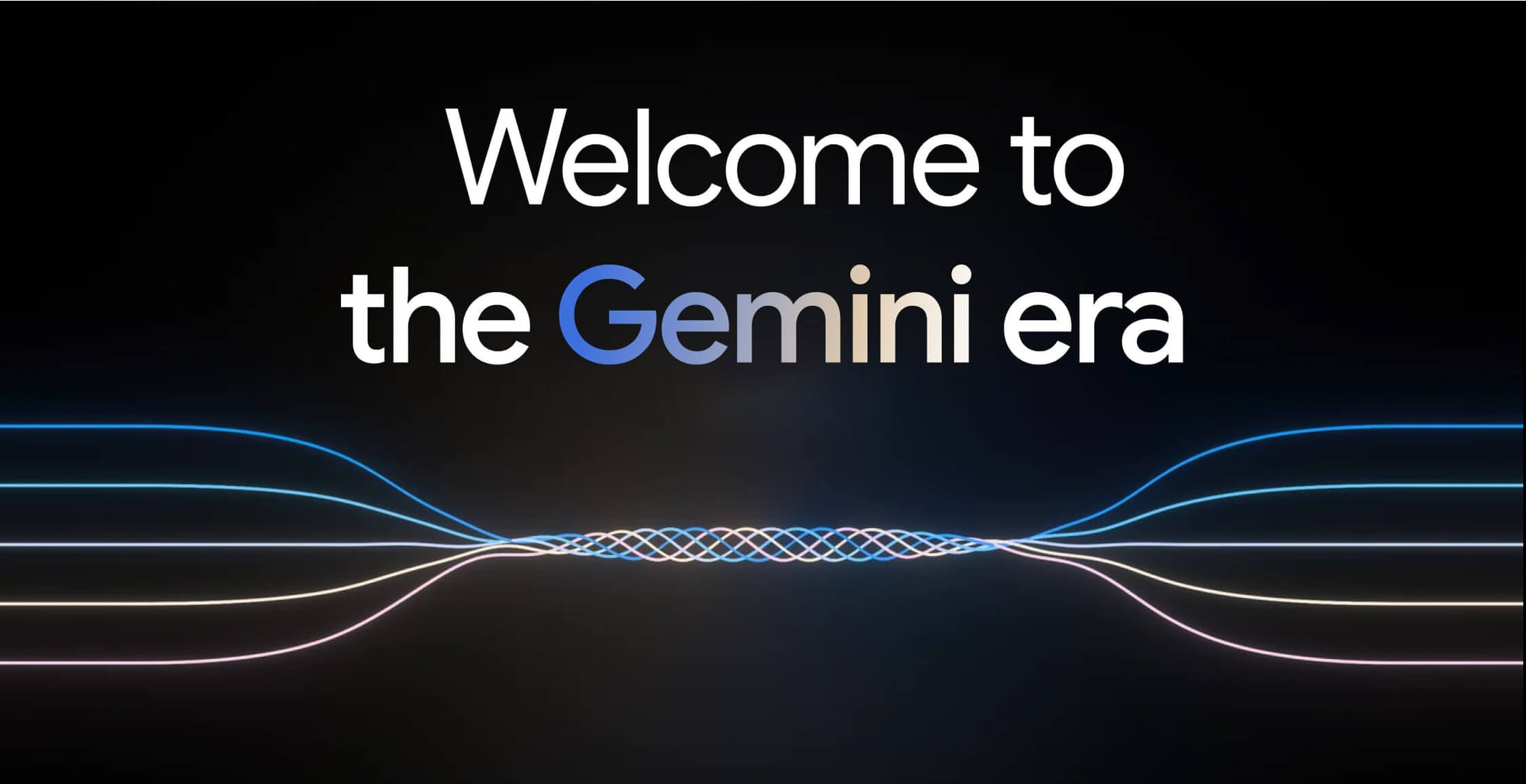Google Launches Gemini AI Model
Introduction to Gemini Google, under the leadership of CEO Sundar Pichai, has made a significant leap in AI with the introduction of Gemini, a multimodal AI model. Developed by Google DeepMind, Gemini represents a new generation of AI models, pushing the boundaries of machine learning and AI capabilities.

Multimodal Capabilities and Benchmarking Gemini’s standout feature is its multimodal capabilities. It is the first model to surpass human experts on Massive Multitask Language Understanding (MMLU), a popular method for evaluating language model performance. Gemini’s proficiency in generating code, text, images, and its ability to reason visually across languages sets it apart from its predecessors and competitors. Sundar Pichai emphasized Gemini’s achievement in crossing the 90% threshold on MMLU, a significant milestone considering the state of the art was around 30-40% just two years ago.
Versions and Integration There are three versions of Gemini: Ultra, Pro, and Nano. Each version serves different purposes and scales of operation. The Ultra version is the largest, designed for high-level integration and innovation driving. Pro, the medium-sized version, powers Google’s Bard, a chatbot similar to OpenAI’s ChatGPT. The Nano version, smaller and more efficient, will run on Google’s Pixel 8 Pro phone. This tiered approach allows for diverse applications, catering to different needs and scenarios.
Reception and Evaluation The reception of Gemini has been mixed. While some users report impressive results, others have noted ongoing issues with the model’s accuracy. Concerns about hallucinations and other inaccuracies have been raised. Melanie Mitchell, an AI researcher, expressed skepticism about Gemini’s capabilities, suggesting it might not be substantially more advanced than existing models like GPT-4.
Ethical Considerations and Regulatory Compliance In line with responsible AI development, Google’s team undertook model impact assessments to understand and document societal benefits and potential harms. This comprehensive evaluation led to the development of model policies guiding Gemini’s development and evaluation. In response to Executive Order 14110, Google has committed to sharing testing results of Gemini Ultra with the U.S. government, ensuring transparency and accountability.
Conclusion and Outlook Gemini represents a significant stride in the AI landscape, offering advanced multimodal functionalities. However, its real-world effectiveness and the ethical implications of its use remain to be fully understood. As AI continues to evolve, models like Gemini will play a crucial role in shaping the future of technology and its interaction with society.
Stay informed about the latest in AI and technology with ‘The Robot Pigeon’ newsletter. Subscribe at www.robotpigeon.beehiiv.com.






